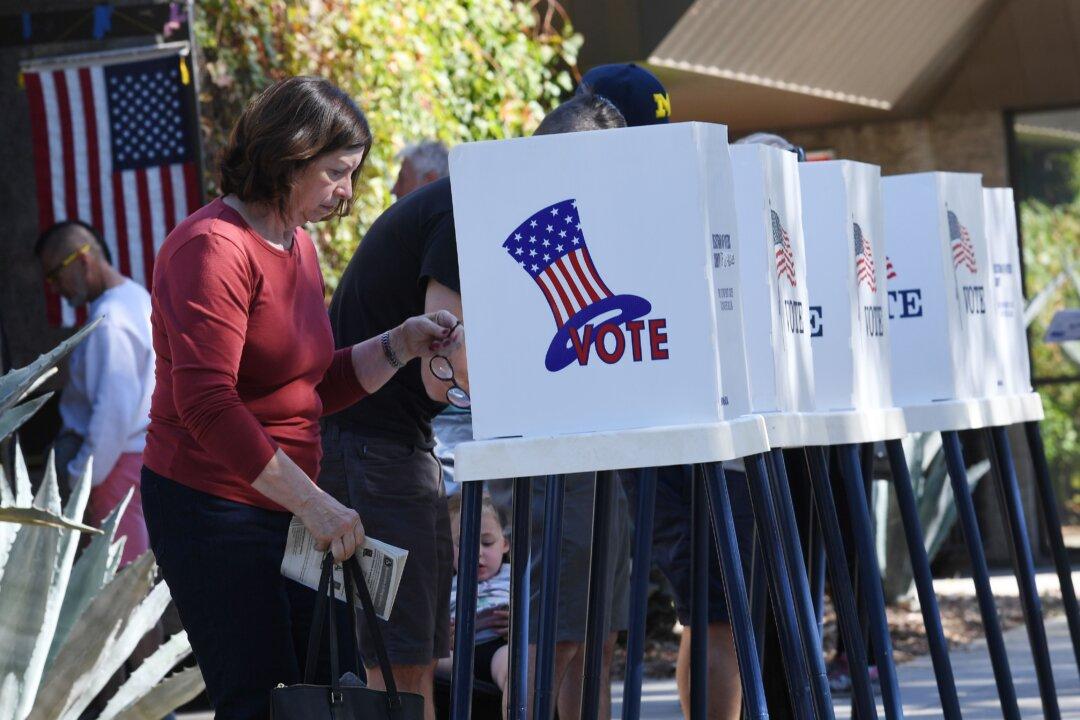News Analysis
House Democrats’ first bill of the 116th Congress, titled H.R. 1, the “For the People Act,” is described as “the most transformational and comprehensive suite of democracy reforms ever proposed.”


House Democrats’ first bill of the 116th Congress, titled H.R. 1, the “For the People Act,” is described as “the most transformational and comprehensive suite of democracy reforms ever proposed.”